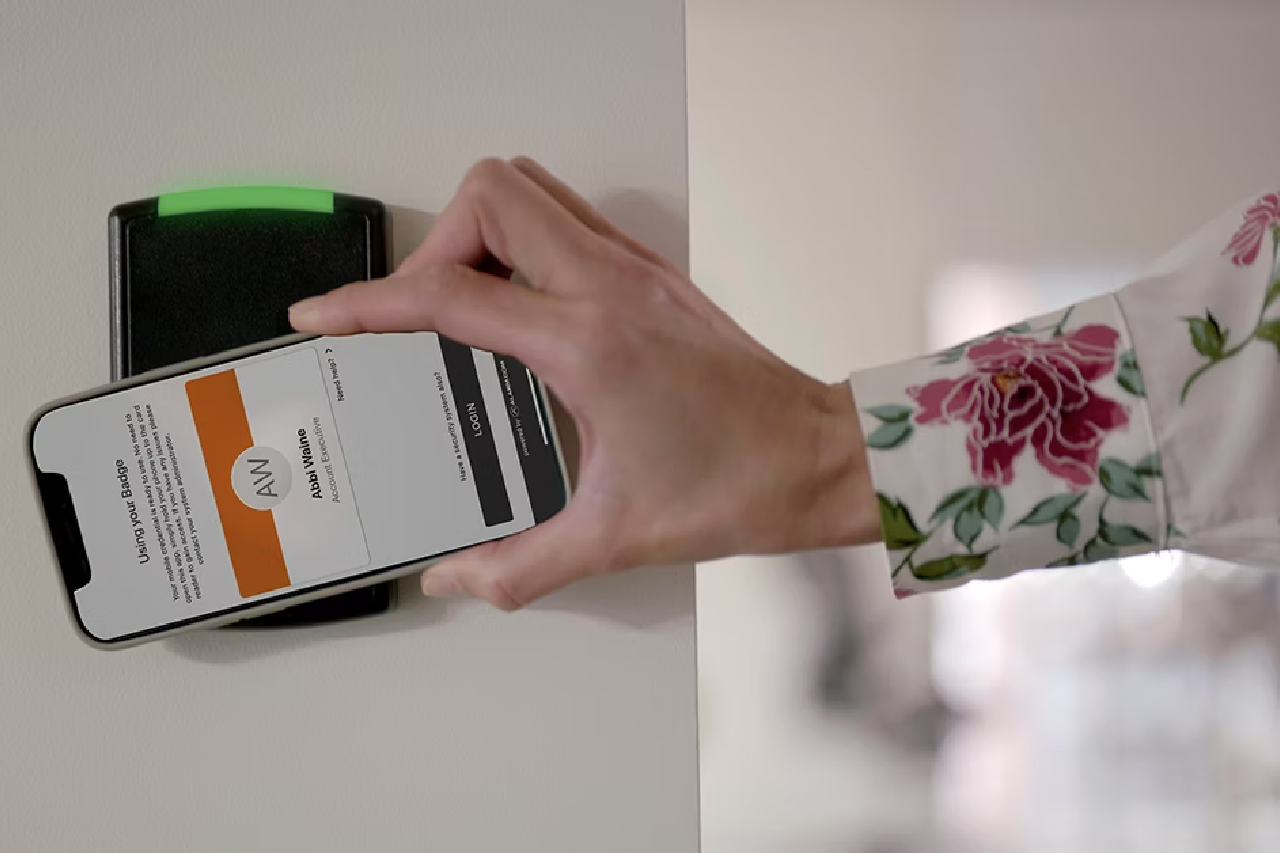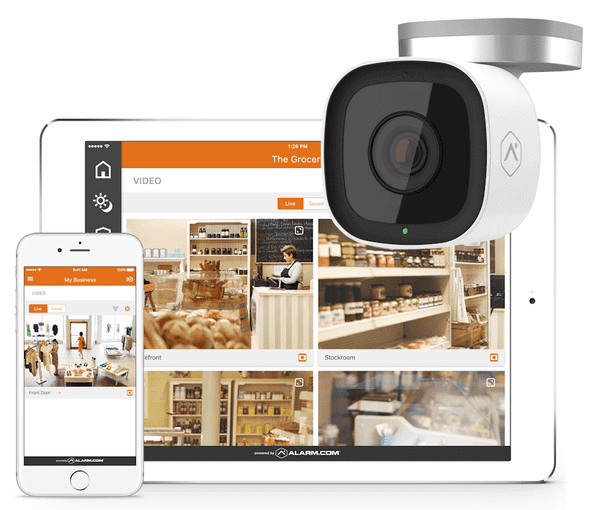Last Updated on October 3, 2023 by Alarm New England
Data privacy is a fundamental right and a growing concern in the digital age. Though more secure than traditional systems, biometric access control devices collect and process sensitive personal information. This makes robust data privacy measures essential. Here are some reasons why data privacy matters in the context of biometric access systems:
- Protection of Personal Information: Biometric data, such as fingerprints, facial scans, or iris patterns, is highly unique and personal. Unauthorized access to this data can lead to identity theft and other malicious activities.
- Legal and Regulatory Compliance: Many regions and countries have strict regulations governing the collection, storage, and use of biometric data. Non-compliance can result in severe penalties and legal repercussions.
- Trust and Reputation: Maintaining data privacy is crucial for building trust with users and stakeholders. Breaches or mishandling of biometric data can damage an organization’s reputation.
- Mitigating Risks: With the increasing sophistication of cyber threats, ensuring data privacy is a proactive measure to mitigate the risk of data breaches and cyberattacks.
Common Privacy Challenges in Biometric Access Systems
Biometric access systems face several privacy challenges that organizations need to address:
Data Storage and Encryption
Biometric data should be stored securely, and strong encryption techniques should be employed to protect it from unauthorized access. Data at rest and during transmission must be safeguarded to prevent breaches.
Data Retention
Organizations should establish clear policies regarding the retention of biometric data. Keeping data longer than necessary increases the risk of exposure and misuse.
Consent and Transparency
Users should be informed about the collection and use of their biometric data and provide explicit consent. Transparency in data handling practices builds trust.
Biometric Spoofing
Biometric systems are vulnerable to spoofing attacks where malicious actors attempt to impersonate legitimate users. Robust anti-spoofing measures are essential.
Cross-Device Compatibility
Biometric data should be portable across different devices and systems. Ensuring interoperability while maintaining privacy is a challenge.
Strategies for Enhancing Data Privacy
To mitigate these challenges and enhance data privacy in biometric access systems, organizations should consider the following strategies:
Privacy by Design
Privacy considerations should be integrated into the design and development of biometric systems from the outset. This includes implementing data protection measures, access controls, and encryption protocols.
Data Minimization
Collect only the minimum amount of biometric data required for authentication. Avoid over-collection and retain data only for as long as necessary.
Strong Encryption
Utilize robust encryption algorithms to protect biometric data both in transit and at rest. Encryption keys should be managed securely.
Multi-Factor Authentication
Combine biometrics with other authentication factors, such as passwords or smart cards, to enhance security. This multi-factor approach adds an extra layer of protection.
Regular Audits and Compliance Checks
Conduct regular audits to ensure compliance with data protection regulations. Assess the security of biometric systems and address vulnerabilities promptly.
Biometric Data Isolation
Isolate biometric data from other personal information whenever possible. This limits the exposure of sensitive data in case of a breach.
User Education
Educate users about the importance of data privacy and how biometric systems work. Encourage strong password practices and awareness of potential risks.
Consent Management
Implement robust consent management systems that allow users to control how their biometric data is used and shared.
Regular Updates and Patching
Keep biometric systems up to date with the latest security patches and updates to mitigate vulnerabilities.
Third-Party Assessment
Conduct third-party security assessments and penetration testing to identify and rectify potential vulnerabilities.
Conclusion
Biometric access systems offer an efficient and secure means of authentication, but they come with significant data privacy responsibilities. Organizations that implement biometric technology must prioritize data privacy to maintain trust, comply with regulations, and safeguard sensitive personal information.
By following best practices, such as privacy by design, data minimization, encryption, and user education, organizations can enhance data privacy in biometric access systems. Additionally, regular audits, compliance checks, and staying informed about evolving privacy regulations are essential steps in maintaining the highest standards of data privacy while harnessing the benefits of biometric technology. Ultimately, a strong commitment to data privacy will help strike the right balance between security and individual rights in the digital age.
For more on Alarm New England’s access control solutions, click here.







